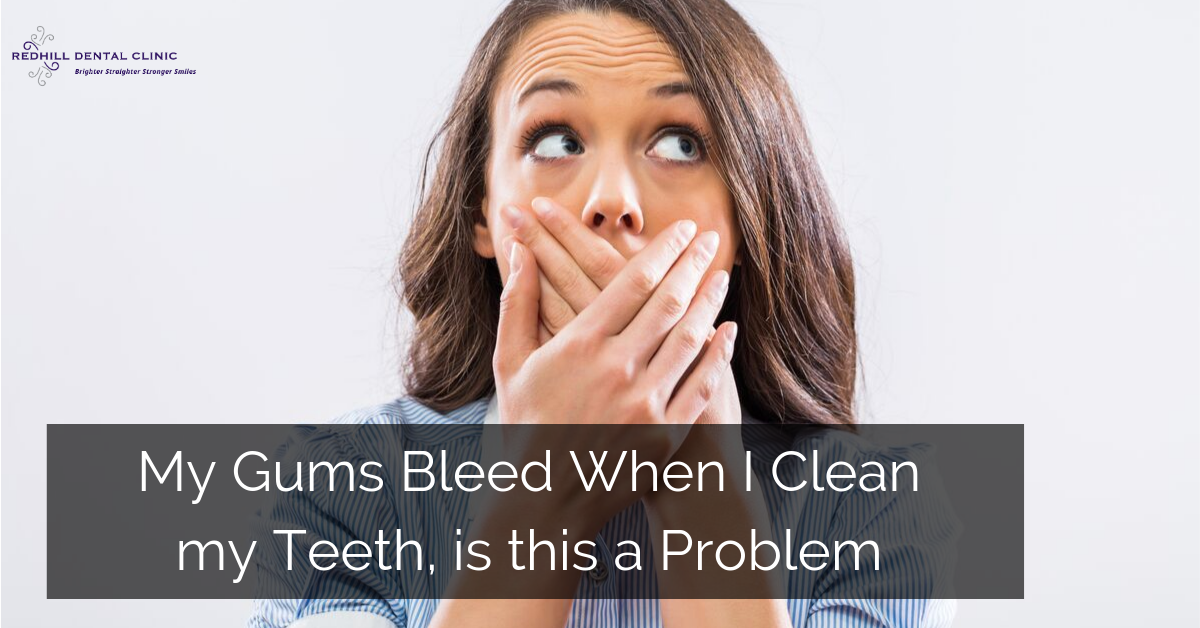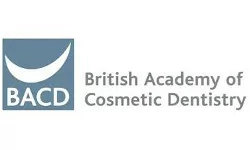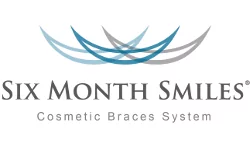
Do you notice a blood a bit of red or pink when you spit out the toothpaste after brushing? Or do find that your dental floss contains blood after you finish cleaning your teeth? If the answer to the above questions is a yes, then chances are that you are suffering from an underlying dental or medical problem. Although a very small amount of blood may not be any reason to be alarmed, if your gums bleed every time you brush your teeth, then it is a matter you must not take lightly.
Why Gums Bleed During Brushing?
You might wonder as to why your gums are bleeding in the first place? Here are some of the situations which can cause gum bleeding:
- Gum Inflammation – The primary reason behind gum bleeding is gum inflammation, which is caused by the buildup of plaque and tartar deposits on the teeth and around the gums. Harmful bacteria which cause teeth cavities and periodontal disease find plaque and tartar deposits as ideal places for growth and breeding. When the bacteria grow in number, they utilize sugars from the plaque and tartar and release harmful metabolic products which result in an inflammation of the gums. This condition is clinically visible in the form of swollen, red and bleeding gums.
- Medical Conditions and Medications– some chronic medical conditions such as kidney problems, vitamin C deficiency, and diabetes can also result in gum inflammation, which manifests in the form of bleeding while brushing or flossing. Furthermore, certain medications can also cause gum bleeding.
- Hormonal Changes – some women also observe that their gums become sensitive and swollen during pregnancy, and they tend to bleed while brushing or flossing. Similarly, some women may have gum bleeding during menstruation.
Is it Normal?
As discussed earlier, occasional minor bleeding from gums while brushing or flossing is not something to be worried about. However, if you feel that your gums bleed every time your brush, then it is a cause for concern as it may be an indication of a more serious underlying medical or dental problems.
How to Stop Gum Bleeding
If you are also suffering from gum bleeding, then the following measures can help you get rid of it.
- Oral Hygiene Maintenance – since poor oral hygiene is the most common cause of gum problems and bleeding, maintaining your oral hygiene through regular brushing and flossing can help you get rid of the inflammation.
- Professional Teeth Cleaning – when plaque and tartar deposits have formed on the teeth, it’s virtually impossible to remove them through brushing or flossing. The only option available now to remove them is professional teeth cleaning. Teeth cleaning involves the use of ultrasonic scaling instruments which remove the plaque and tartar deposits from the teeth. The cleaned teeth are then polished at the end of the procedure to slow down chances of re-attachment of plaque and tartar.
- Eating Healthy Diet – eating tooth-friendly foods can go a long way in ensuring that you maintain pearly white teeth and healthy, pink gums throughout life.
- Visit your GP – if the above-mentioned measures do not prove successful in treating the gum inflammation, then your gum problem might be because of an underlying medical problem. Moreover, certain medications for high blood pressure or seizures can also cause gum inflammation. Visit your GP so that an in-depth evaluation of the underlying cause can be made.
Frequent bleeding from your gums, either during eating or brushing, is a serious condition. Fortunately, it can be avoided by ensuring that you look after your teeth and visit your dentist regularly for checkups and professional cleaning. Simply follow these measures and you won’t have to see blood when you spit your toothpaste out after brushing!
Do I Need to Have a Dental Cleaning?
Before we discuss why teeth cleaning is important for everyone, let us understand what is meant by professional teeth cleaning. Teeth cleaning is a dental procedure in which your dentist or dental hygienist will use special dental instruments to remove plaque and tartar debris form your teeth.
Many people feel that since they brush their teeth regularly, they don’t need to undergo professional cleaning. This assumption is not correct! While these people may not have to undergo teeth cleaning as frequently, but that would still have to get their teeth professional cleaned as recommended by their dentists.
Why Dental Cleanings are Necessary
When we eat our food, some of the food particles tend to adhere to our teeth. If these adhered food particles are not removed, they become safe havens for the growth and replication of bacteria which cause teeth cavities and gum inflammation.
Normally, brushing and flossing are good measures to remove these food deposits from tooth surfaces which can be easily accessed by the toothbrush or the dental floss. Unfortunately, regular oral hygiene measures such as flossing and brushing are unable to clean the tight spaces between adjacent teeth, and the back which are difficult to clean completely. As a result, bacterial start utilizing the plaque deposits on the teeth for their growth, and in turn, they release harmful toxins which cause inflammation of gums and periodontal infection.
If the condition is not corrected timely, the toxins released by the bacteria start destroying the fibers which attach the teeth with the gums and the jawbone. Ultimately, spaces, or “pockets” start to form between the teeth and the gums. With further disease progression, the toxins destroy the jawbone, making the teeth mobile in their sockets. If you continue to ignore the situation and don’t seek dental treatment, these teeth will eventually fall off!
But all this can be avoided with professional dental cleanings. During the cleaning procedure, your dentist will use an ultrasonic scaler, which vibrates at a very high frequency to remove plaque and tartar deposits on your teeth. If the periodontal problems are treated in their early stages, the chances of complete recovery are very high. Therefore, it is important that you visit your dentist regularly for checkups so that the plaque and tartar deposits are removed timely before they can cause periodontal inflammation.
How Often Do I Need to have my Teeth Cleaned?
Moreover, it is not necessary for everyone to undergo teeth cleaning twice a year. In fact, according to the latest recommendations of the American Dental Association (ADA), dentists will decide the frequency of teeth cleanings necessary according to the oral health status of the patients. While patients who are prone to having gum problems may need to undergo teeth cleanings twice a year, healthy individuals may only need to have their teeth cleaned once in a year.
Professional teeth cleaning is a safe and effective preventive treatment, which ensures that you retain sparkling white teeth and healthy gums throughout life. Furthermore, getting your teeth professionally cleaned has other advantages as well. In addition to preventing gum infections, teeth cleanings also help you in saving your hard-earned money, which would otherwise have been spent on restorative treatment. In addition, you will also save yourself from the inconvenience of undergoing lengthy procedures.
After all, we all know that prevention is always better than cure.











